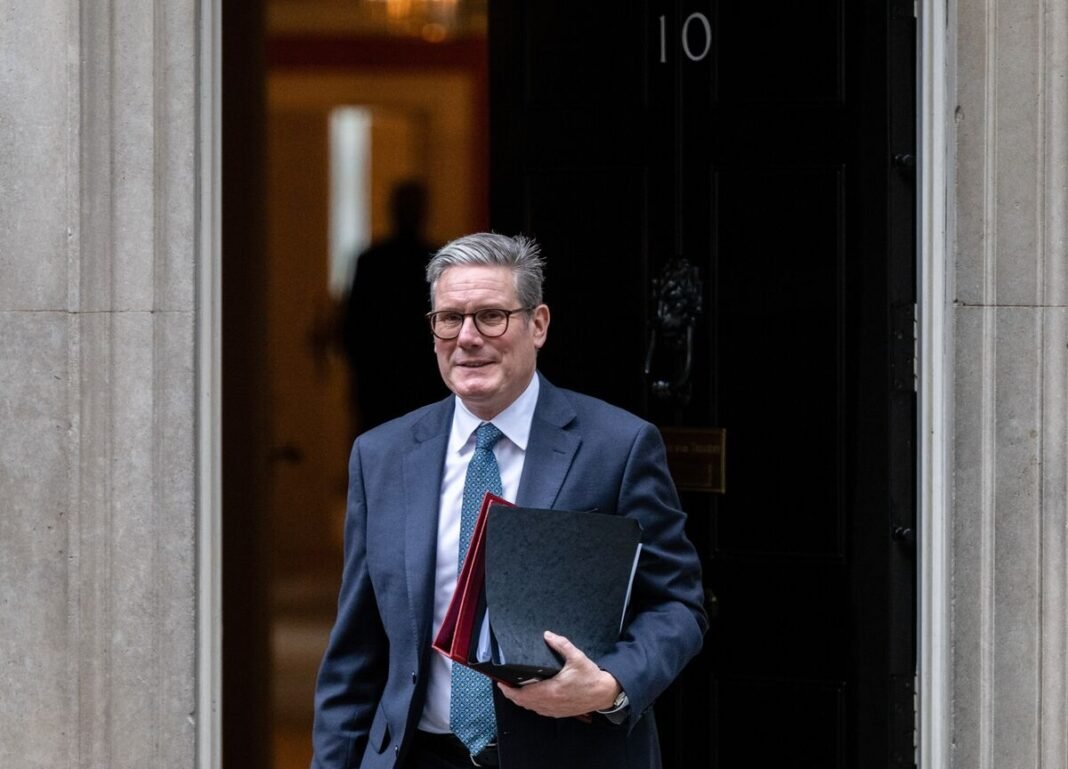Prime Minister Keir Starmer faces mounting challenges as the global economic landscape grows increasingly unstable under the weight of new U.S. tariffs imposed by President Donald Trump. With living costs still squeezing households and fears of a recession looming, the British government is under pressure to respond without unraveling its own fiscal promises.
Recent polling reveals that two-thirds of Britons are concerned about the impact of America’s tariffs, with over half fearing they will worsen the cost of living crisis. Nearly twice as many people support retaliatory tariffs on U.S. goods as those who oppose the idea. Yet, while the government has kept the option open, it remains hesitant to escalate trade tensions.
Starmer has acknowledged that the world has “fundamentally changed,” raising questions about whether his policies will adapt. He has doubled down on his pledge not to raise income tax, VAT, or employee National Insurance before the next election though employer National Insurance has already increased. When pressed on whether he might relax his strict borrowing rules, Starmer avoided a direct answer, only for aides to later insist the fiscal rules remain “iron clad.”
If the U.S. tariffs dent the UK economy, sticking to these rules could mean tighter budgets for public services. Meanwhile, ministers are accelerating plans from their upcoming Industrial Strategy, including easing the transition away from petrol and diesel cars.
Behind the scenes, officials are scrambling to assess their options. Talks with Washington over a free trade deal have intensified, but there’s little clarity on Trump’s next move. The government is also prioritizing long-discussed agreements, such as a trade deal with India, which has taken on new urgency.
For more political updates, visit London Pulse News.


